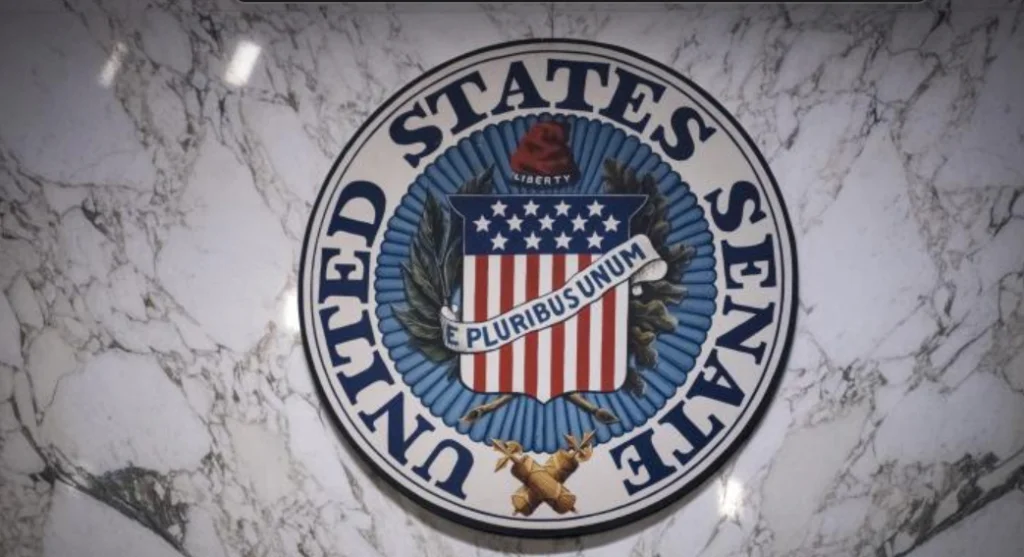The United States Senate convened on July 25 to support bipartisan legislation requiring U.S. companies to report investments in Chinese technologies, including semiconductors – used to create artificial intelligence (AI)- and AI.

The Senate approved the amendment to the National Defense Authorization Act (NDAA) by a vote of 91 to 6, and it is expected to become law later this year.
The amendment will require U.S. companies to notify federal agencies of outbound investments in Chinese technologies, such as semiconductors and artificial intelligence (AI).
Senators Bob Casey (D-Pennsylvania) and John Cornyn (R-Texas) authored the amendment, a version of the Outbound Investment Transparency Act that targets hazards associated with U.S. foreign investments in China and other countries.
Casey stated regarding his support for the amendment:
“We need this type of outbound investment notification to understand just how much… critical technology we are transferring to our adversaries via these capital flows.”
He concluded that the United States could “take control” of its economic future with such knowledge.
This version of the bill is anticipated to pass the Senate by the end of the week, after which it will be reconciled with a bill passed by the House of Representatives earlier in the prior week and signed by President Joe Biden.
These new measures continue the U.S. and China’s back-and-forth regarding emerging technologies.
The United States announced on June 28 that it is considering limiting the computing capacity of semiconductor chips to reduce the supply of artificial intelligence chips on the Chinese market.
A few days later, on July 3, the Chinese government announced its intentions to regulate the export of metals used in the fabrication of semiconductors.
The United States is reportedly contemplating adding controls to how much access Chinese companies will have to cloud computing services (CCS) based in the United States. This would include services from Amazon Web Services (AWS) and Microsoft.
